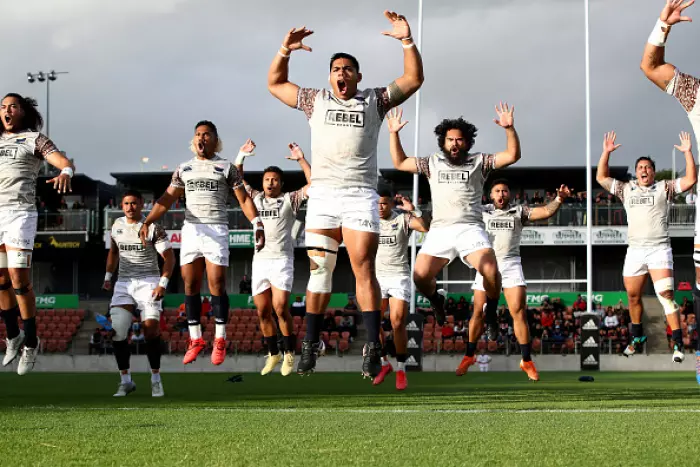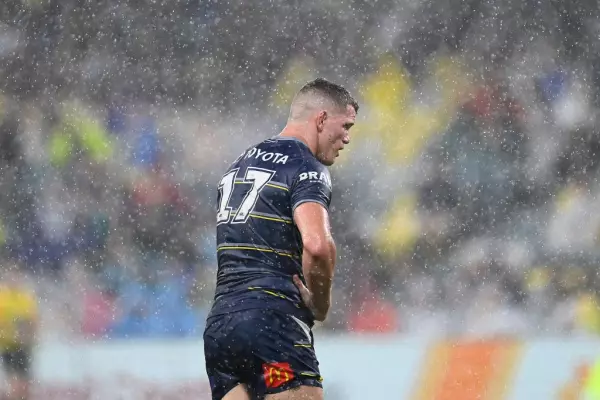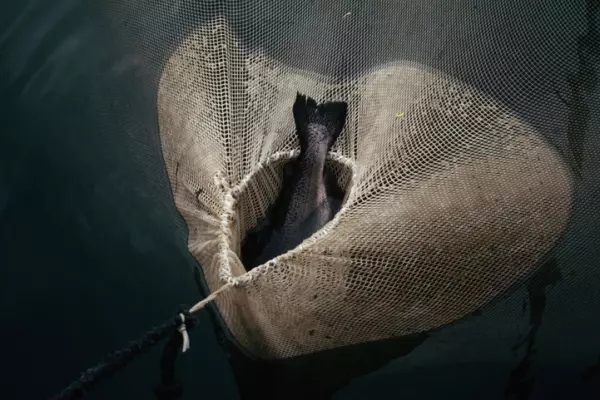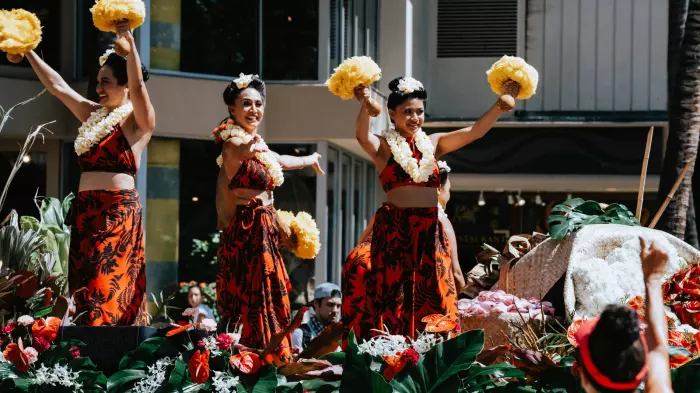New Zealand Rugby bosses have the great knack of talking up their competitions but it will be extremely difficult to hype up Super Rugby 2022.
This is because there are two potentially weak expansion teams, Fijian Drua and Moana Pasifika, and it will be far too easy to qualify for the playoffs with eight of the 12 competing teams reaching the finals.
Playoffs
Playoffs are an important aspect of many major sports, particularly in the United States, as they generate considerable spectator and broadcasting interest. However, playoff games should be competitive and it is important that a regular season isn’t devalued by having too many teams in the finals.
| Teams qualifying for playoffs | |||
|---|---|---|---|
| Teams | Playoffs | % |
Super Rugby | 12 | 8 | 66.7% |
Australia |
|
|
|
Aussie Rules | 18 | 8 | 44.4% |
Rugby League | 16 | 8 | 50.0% |
USA |
|
|
|
Baseball | 30 | 10 | 33.3% |
Basketball | 30 | 16 | 53.3% |
Football | 32 | 14 | 43.7% |
Ice Hockey | 32 | 16 | 50.0% |
This table shows that between 33% and 54% of teams qualify for the playoffs in major Australian and US sports. US baseball, basketball and ice hockey usually have best-of-five or best-of-seven playoff series, while there are one-off playoff games in the Australian and US football codes.
The National Rugby League (NRL), which has a 50% playoff qualification ratio, had a team qualify for the finals this year with a record of 10 wins and 14 losses. This was the Cronulla Sharks, which was defeated 28-16 by the Melbourne Storm – the top team – in the first round.
Eight of the 12 Super Rugby Pacific teams will qualify for the playoffs next year but this is effectively eight out of the 10 New Zealand and Australian franchises, as Fijian Drua and Moana Pasifika are unlikely to win any games, except against each other.
Thus, each team will play 14 games between February 18 and June 18 to eliminate just two of the 10 traditional franchises from the playoffs.
It is quite conceivable that a New Zealand team, with a 13-1 record and home advantage, could be pitted against an Australian franchise with a 5-9 record in the first round.
This is unlikely to generate massive spectator or broadcasting interest.
Expansion teams
New teams have huge challenges and neither Fijian Drua nor Moana Pasifika have announced their playing squads or full coaching teams. (Only on Sept 24 did the Drua name former All Blacks and Wallabies skills coach Mick Byrne as head coach and Nacanieli Cawanibuka – strength and conditioning coach for Fiji's world and Olympic champion Sevens teams – as head of athletic performance). This makes it extremely difficult for them to be competitive, as the season is less than five months away.
One of the most notorious expansion teams was baseball’s 1962 New York Mets, who had 40 wins and 120 losses in their first season, the highest number of losses of any major sports team since 1900.
The 1962 New York Mets were a collection of ageing stars, cast-offs and misfits as New York endeavoured to establish a new National League team after the departure of the Brooklyn Dodgers to Los Angeles and the New York Giants to San Francisco.
Super Rugby’s Sunwolves were also a disappointing expansion team. The Japanese franchise won just one of 15 games in 2016, their first Super Rugby year, and only nine of their 67 games in their five Super Rugby seasons.
One of the most successful US expansion teams, ice hockey’s Vegas Golden Knights, have a New Zealand connection. In June 2016, the National Hockey League granted a new Las Vegas-based franchise to US billionaire businessman Bill Foley. Foley owns 66.5% of NZX-listed Foley Wines and the Wharekauhau luxury lodge in the Wairarapa.
Foley immediately started putting his coaching team together for the first game, which was 16 months later in October 2017.
The Golden Knights had an amazing inaugural season, winning 51 of 82 regular-season games and winning three best-of-seven playoff rounds to reach the coveted Stanley Cup final. They won the first finals game 6-4 against the Washington Capitals but then lost four in a row to end their first season as defeated Stanley Cup finalists, after starting as 500-1 outsiders.
It is great to see two Pacific teams in Super Rugby but they seem to be totally unprepared at this stage.
Will these teams be populated by “ageing stars, cast-offs and misfits”, as the New York Mets were in 1962? If so, rugby bosses don’t have a great record of sticking with struggling franchises, as demonstrated by the Sunwolves.
Super Rugby Pacific 2022 faces a huge challenge to ensure that the four-month-long regular season is competitive and that the two expansion teams win at least three games each.
It is worth noting that the dreadful 1962 New York Mets were known as “lovable losers”, a term we don’t want to have associated with either Fijian Drua or Moana Pasifika.
Disclosure of interests: Brian Gaynor is a non-executive director of Content Ltd, the publisher of BusinessDesk, and of Milford Asset Management.
[email protected]














